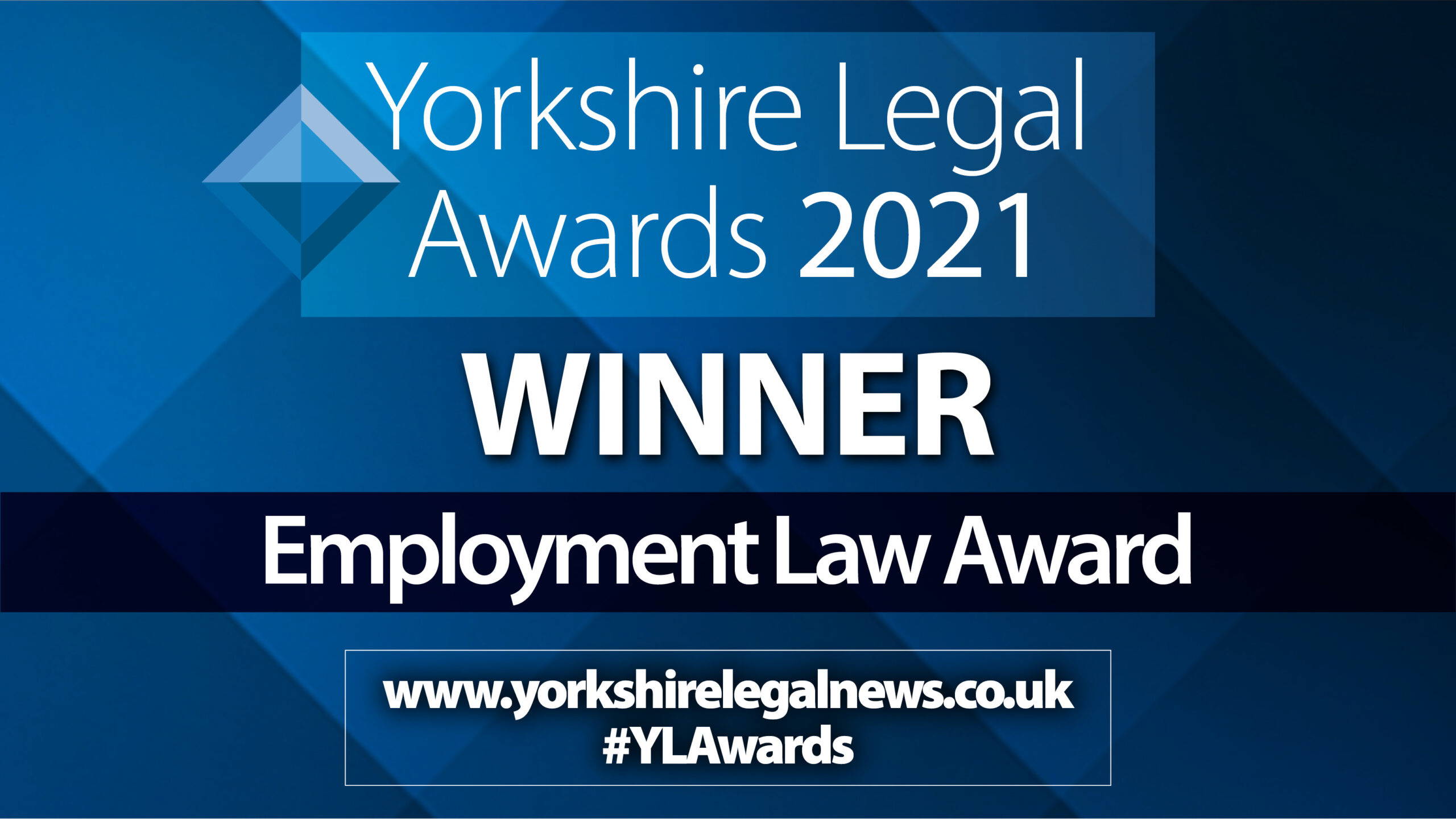Today, on Non-Binary People’s Day, we’re shining a spotlight on the experiences of non-binary individuals in the workplace – their rights, their realities, and most importantly, how we can all take action to ensure inclusion is more than just a policy; it’s a practice.
What Does “Non-Binary” Mean?
Non-binary is an umbrella term used by people whose gender identity doesn’t sit comfortably within the traditional categories of “male” or “female.” Some non-binary people identify as a mix of both, some as neither, and some experience their gender as fluid – this basically means if male and female are on a scale at each end they move between the two but often never fully stop at a binary gender. Everyone’s experience is unique though and this is important to remember, and language matters – so it’s always best to listen, learn, and respect how someone identifies.
Are Non-Binary People Protected by Law?
Yes – although the Equality Act 2010 doesn’t yet explicitly reference “non-binary” as a standalone category, non-binary people are protected under the protected characteristic of gender reassignment.
This was confirmed in the 2020 employment tribunal case of Taylor v Jaguar Land Rover. The tribunal held that a non-binary employee who experienced harassment and discrimination was covered under the existing legal framework. The judgment recognised that protection applies to those who are “undergoing” or “proposing to undergo” a process (which can be personal, not medical) to reassign their gender.
So, while the language of the law may still be catching up, the protection is there – and it’s enforceable.
What Rights Do Non-Binary Employees Have?
Non-binary employees are entitled to the same protections and rights as anyone else in the workplace. These include:
- Protection from discrimination and harassment based on gender reassignment (this includes dead naming).
-
The right to some adjustments at work (for example, changing facilities, uniform policies, or systems that recognise their identity).
- The right to be called by the correct name and pronouns.
- A workplace that promotes dignity, respect, and psychological safety.
Practical Steps for Inclusion
Creating a truly inclusive workplace for non-binary colleagues doesn’t just mean complying with the law – it means embedding inclusive values into everyday culture, leadership, and policy. Here’s how:
1. Review Your Policies and Language
Ensure your policies don’t reinforce a binary view of gender. Replace “he/she” with “they” or “the employee.” Update forms and systems to allow for custom gender fields. Think about how this appears in your internal forms, recruitment and onboarding too!
2. Normalise Pronouns
Encourage the use of pronouns in email signatures and meeting introductions (and on LinkedIn profiles if you use this tool!) But remember: it should be optional – never forced. If you do this, I suggest having a policy and some training to embed to learning and understanding of why this is important.
3. Provide Gender-Neutral Facilities
Where possible, provide access to gender-neutral toilets and changing spaces to ensure dignity and privacy for all employees.
4. Train Your People
Offer training on inclusive language (including pronoun use), unconscious bias, and gender diversity to build awareness and confidence in supporting non-binary colleagues. Don’t assume people know – equip them.
5. Listen and Act
If a non-binary colleague raises a concern, actively listen without defensiveness and judgment. Act on feedback and involve them in shaping inclusion strategies – but don’t expect them to do all the work.
Final Thoughts
Being inclusive of non-binary people isn’t about being “woke” or “politically correct” – it’s about basic respect, legal compliance, and creating a workplace where everyone can thrive.
At Thrive Law, we believe in a future of work that celebrates diversity and rejects one-size-fits-all thinking. Non-binary inclusion is not a “nice-to-have” – it’s essential.
If you’re unsure where to start, we’re here to help – from reviewing your policies to delivering tailored training, we can guide you in making your workplace truly inclusive with Oscar’s support and guidance as they join our growing team of trainers!
“Allyship isn’t a badge, it’s a principle. It’s the daily practice of listening, learning and using whatever influence we have to build workplaces where non-binary colleagues don’t just fit in – they belong.” – Oscar Davies.
Want to learn more or book a training session? Reach out to us at hello@thrivelaw.co.uk or check out our ED&I services.
By Jodie Hill, Founder & Managing Partner, Thrive Law











